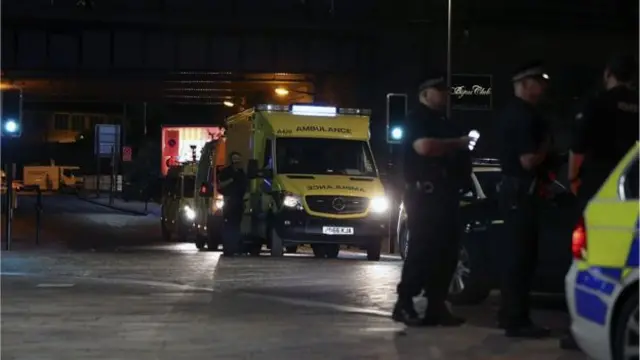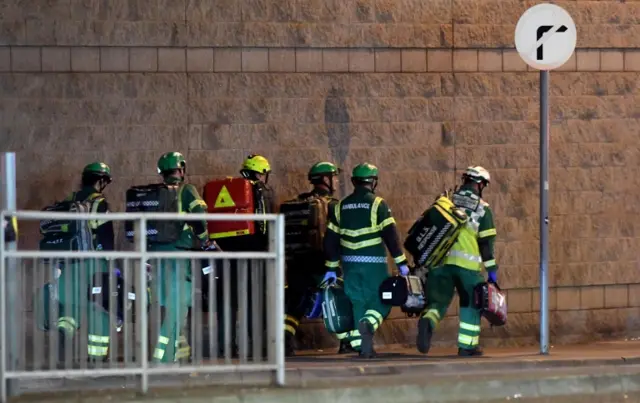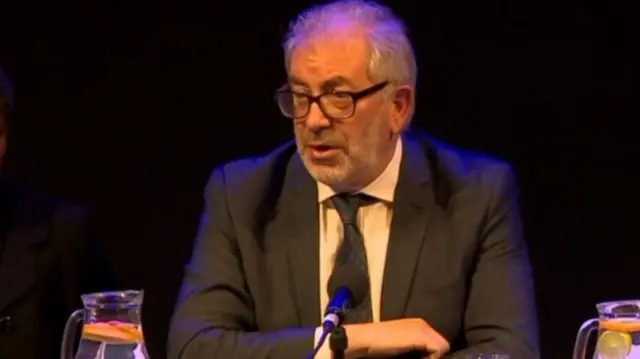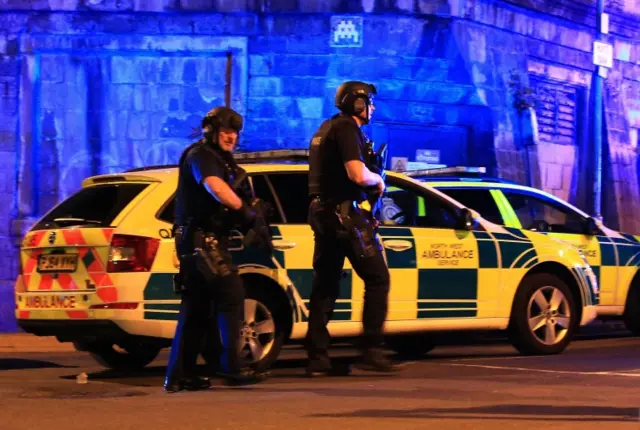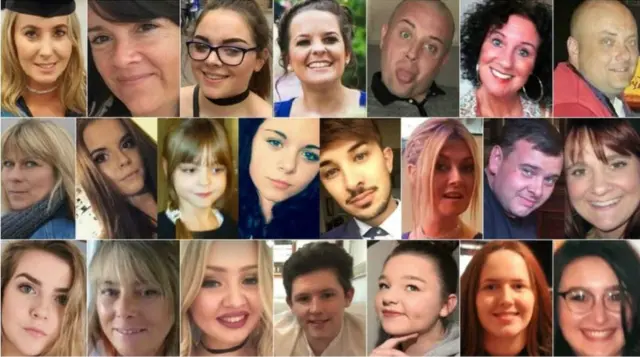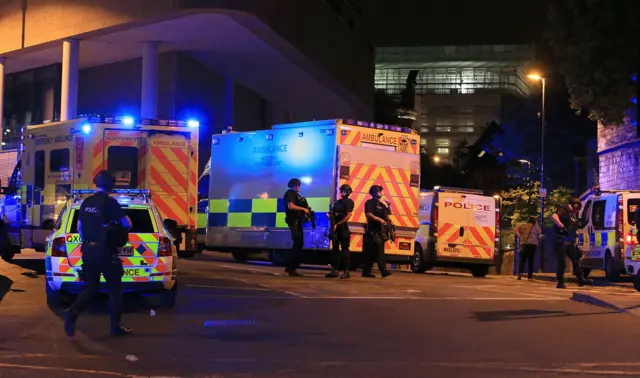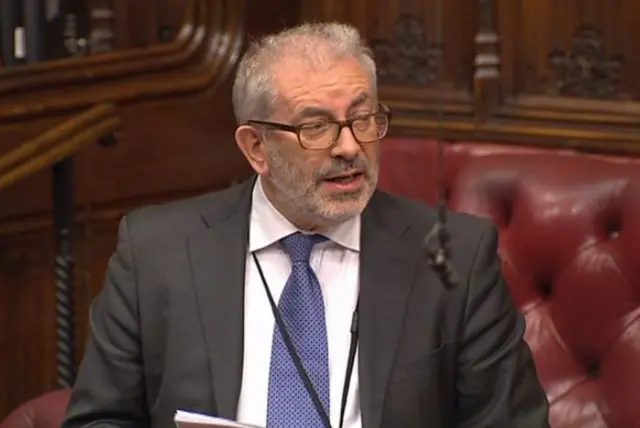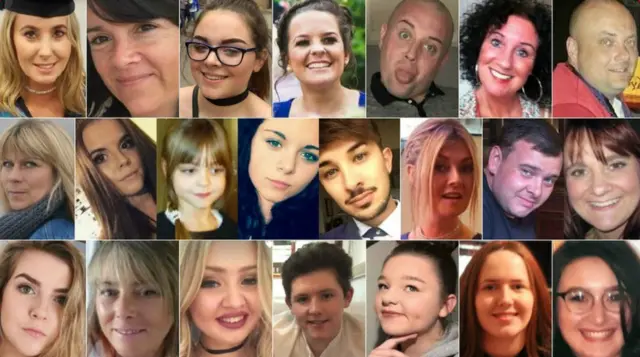Kerslake Report: 'Firefighters concerns sparked inquiry'published at 13:25 BST 27 March 2018
The concerns of firefighters who were stuck at their headquarters were one of the main reasons Greater Manchester Mayor Andy Burnham decided to commission an independent report into what happened, he has said.
He said they told him they felt "intensely frustrated" watching events unfold on television without being able to be deployed to the scene.
